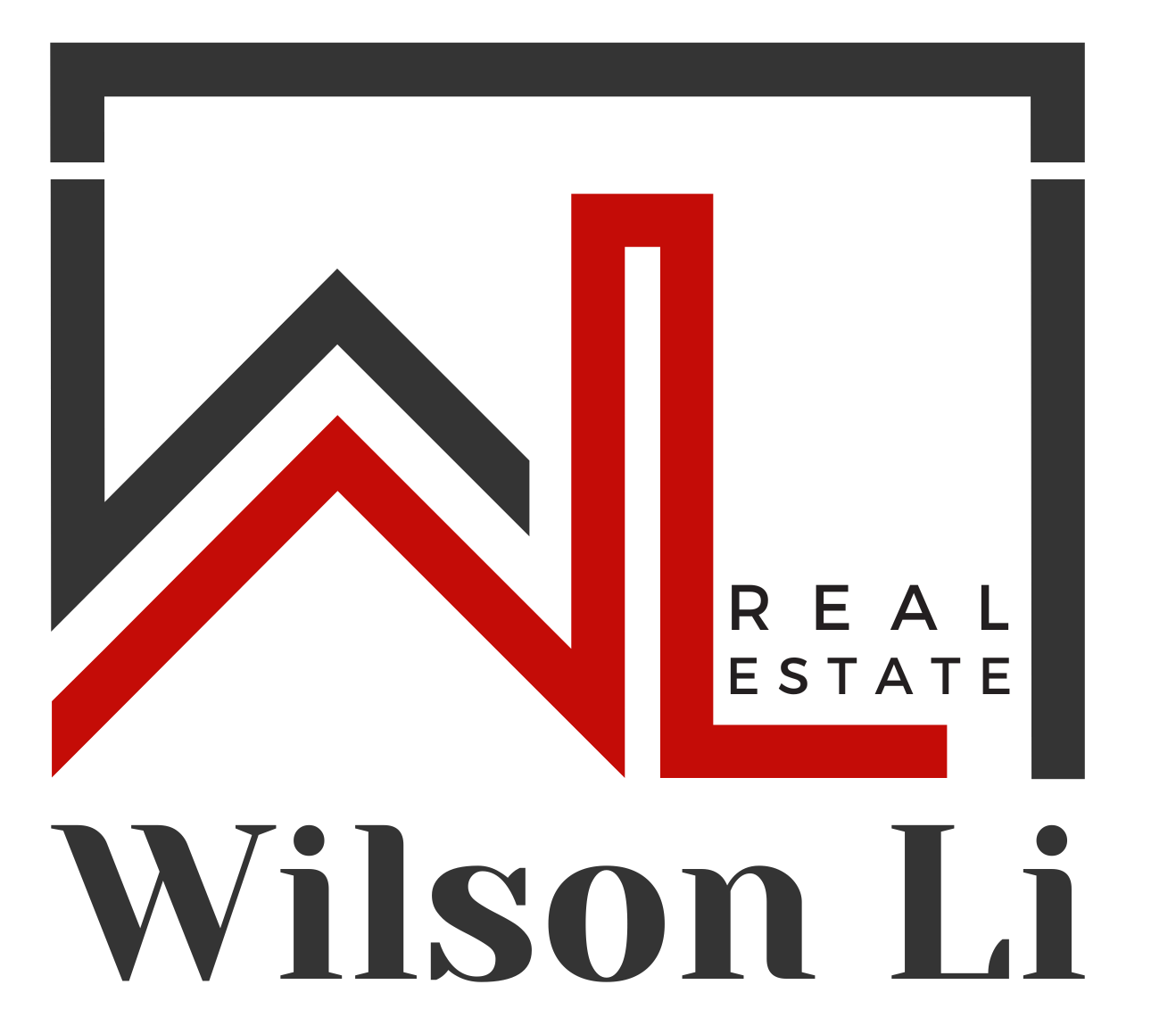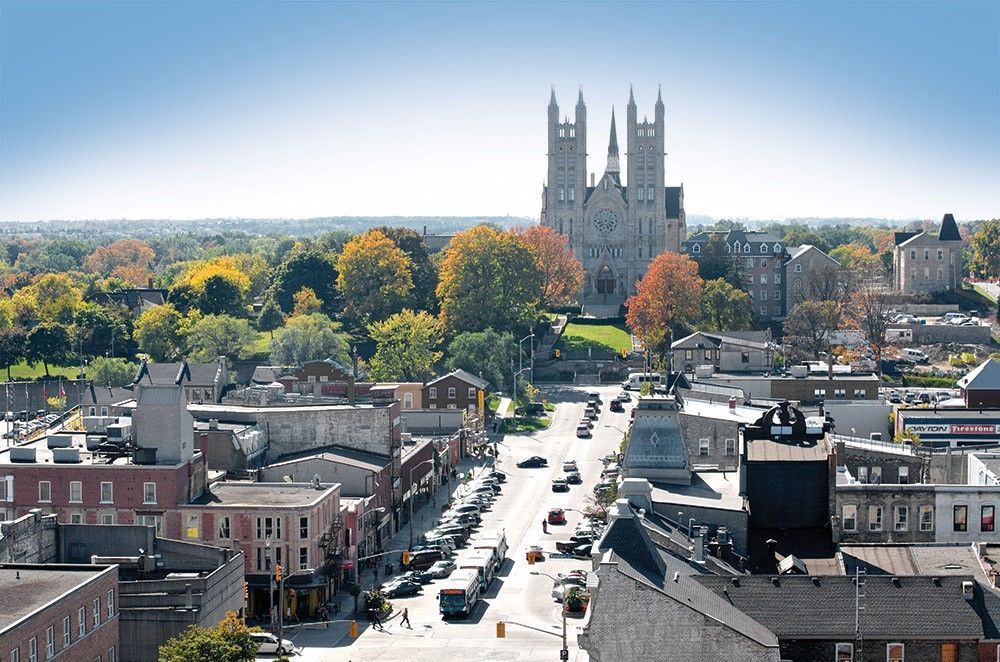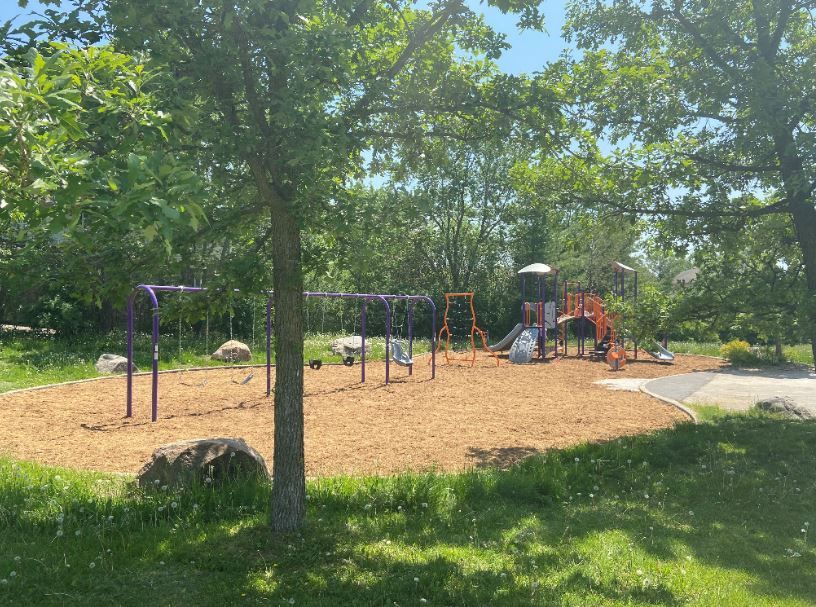The Impact of U.S. Steel and Aluminum Tariffs on Ontario's Real Estate Market
The recent imposition of a 25% tariff on steel and aluminum imports by the United States is expected to have significant economic repercussions, particularly for Ontario. As a province with a strong reliance on these materials for infrastructure and housing development, the Ontario real estate market will likely experience substantial challenges. The key areas of impact include increased construction costs, economic uncertainty, and affordability concerns.
1. Increased Construction Costs
Ontario's construction industry depends heavily on steel and aluminum for building residential and commercial properties. With the new tariffs driving up the cost of these essential materials, developers and homebuilders will face significantly higher expenses. These increased costs are likely to be passed on to homebuyers, leading to higher prices for new homes. This could exacerbate Ontario’s already pressing housing affordability crisis, particularly in major urban centers like Toronto and Ottawa.
In addition, rising construction costs may lead to project delays or cancellations, as developers reassess their budgets. This could slow down housing supply growth at a time when demand remains high, further tightening the market and driving up prices for both buyers and renters.
2. Economic Uncertainty and Market Slowdown
Ontario’s economy is closely tied to its manufacturing and trade sectors, both of which will be affected by the tariffs. An economic slowdown, caused by increased production costs and potential retaliatory trade measures from Canada, could result in decreased consumer confidence. If businesses struggle with higher costs, job losses may follow, impacting Ontarians' ability to afford homes or qualify for mortgages.
The potential downturn could also reduce investment in residential and commercial real estate. Developers, wary of uncertain economic conditions, may hold back on new projects, leading to lower housing availability and a more competitive market for buyers and renters.
3. Interest Rate Considerations
To mitigate the negative effects of tariffs on the economy, the Bank of Canada may adjust interest rates. If rates are lowered to stimulate growth, borrowing costs for homebuyers could decrease, which may provide some relief in terms of affordability. However, this could also lead to inflation, which would further drive up construction costs and consumer expenses, negating any benefits from lower interest rates.
4. Consumer Confidence and Housing Demand
Economic instability caused by the tariffs could lead to a decline in consumer confidence, resulting in hesitant homebuyers. If people are uncertain about job security and the overall economic outlook, they may delay purchasing homes. A reduction in buyer demand could cool down the real estate market, but it would also pose challenges for sellers and developers who rely on a steady flow of transactions.
5. Government Mitigation Efforts
Recognizing the potential damage to the housing sector, the Ontario Home Builders’ Association (OHBA) has urged the provincial government to take steps to counteract the impact of tariffs. Proposed measures include removing the GST on new homes and reducing development fees to offset rising costs. If implemented, these measures could provide some relief for homebuyers and help stabilize the market.
Conclusion
While the goal of the U.S. tariffs is to protect domestic steel and aluminum industries, the ripple effects on Ontario’s real estate market are likely to be significant. Increased construction costs, potential job losses, and economic uncertainty could put additional pressure on an already expensive housing market. Without government intervention or strategic policy adjustments, these tariffs may contribute to slower housing development, higher prices, and reduced consumer confidence in Ontario’s real estate sector. Industry stakeholders and policymakers will need to work collaboratively to minimize the adverse effects and ensure housing remains accessible for Ontarians.









